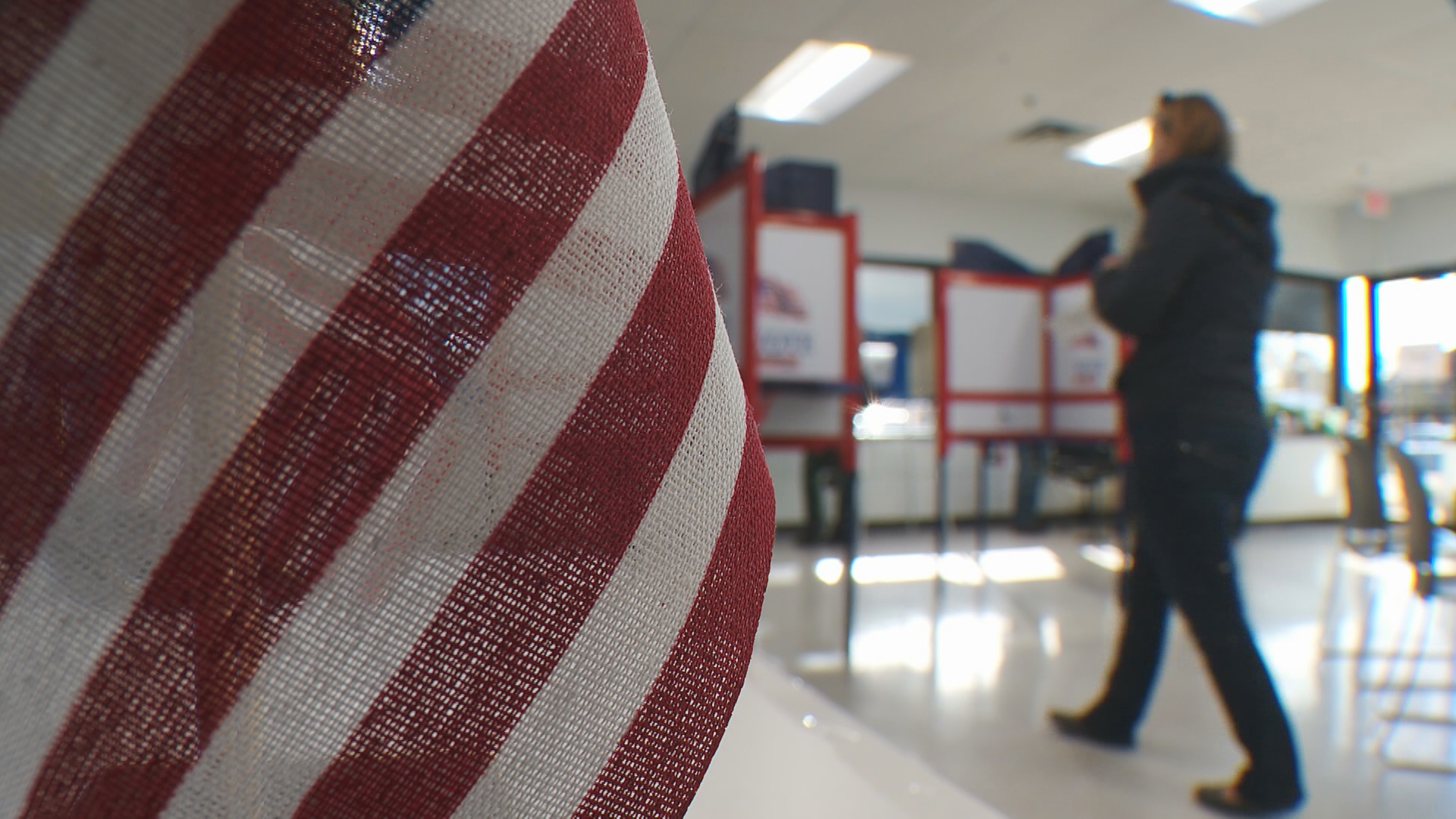MINNEAPOLIS, Minnesota — With one week to go until Election Day, the city of Minneapolis has been busy holding one-day, pop-up early voting events to reach more people.
Ia Lee, with the city of Minneapolis' Elections and Voter Services department, was helping out at Tuesday's pop-up at Farview Recreation Center in north Minneapolis. You can find early voting information in Minneapolis, here.
Beyond answering questions and helping voters register, Lee said, "I am a Hmong speaker. So I do try to make sure I get the word out there to my Hmong community to come out and vote and be there whenever someone needs help."
According to a city of Minneapolis spokesperson, "As of today, 485 judges are assigned across the city for Election Day with language skills other than English in our primary language categories."
"They station interpreters throughout the city... the Riverside area will be a lot of Somali translators because most of them are Somali voters over there," Lee said.
With that in mind, Lee was requested to be ready to help any voters whose first language is Hmong at the Farview pop-up.
"I'm not here to persuade anybody in any type of way. I'm just literally here to help them vote. And that's what I vocalize to the voters when they come in. I'm just here to help you vote. I don't care however you vote. My job is to make sure that you understand the process of voting," Lee said.
In 2023, the state legislature passed a law requiring voting instructions be available at all polling places on Election Day in the three most commonly spoken non-English languages in the state: Hmong, Somali and Spanish.
"We have new requirements in Minnesota that enable certain language communities that meet certain percentage thresholds to have translated materials in those languages, assuming they're not one of the top three," Minnesota Secretary of State Steve Simon said.
According to the SOS website, "For all precincts in language minority districts, voting instructions and sample ballots will be translated into the most commonly spoken non-English language for all precincts in that census tract. These materials will be posted and available for voters as a reference when casting a ballot."
The state also has a petition process where if 20% or more of the population speak English "less than very well," 10 or more registered voters may file a request to have an interpreter at their polling place.
"We feel very good this cycle, better than we ever have, that Minnesotans who are non-native English speakers... will have the resources they need to be able to fully participate," Simon said.
According to Simon, under the Voting Rights Act of 1965, anyone in Minnesota can bring someone to help them at the polling place.
"That can mean helping them with a physical disability, as I used to do for my late father... or it can be someone who needs assistance in a language. The critical thing, as everyone should expect, and this is the law is you can't influence a person's vote," Simon said.
Simon added that election judges are trained to look for and spot behavior that is not allowed.
On being able to help voters, Lee said, "Just to have them have some kind of understanding of what it is, it feels nice. It feels very nice."

